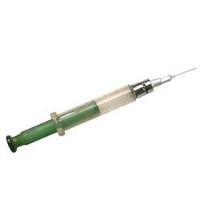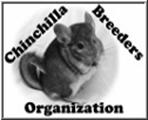Not all antibiotics are safe for use in chinchillas. Because they upset the delicate balance of the digestive tract, they cause severe, possibly deadly, digestive issues such as lack of appetite, diarrhea, constipation, and GI stasis. These antibiotics should avoided and only used as a last resort. Below is a list of antibiotics that can cause these problems.
It is easy to remember the antibiotics if you follow the PLACE rule. According to the rule, if an antibiotic name starts with P,L,A,C, or E, do not use it with chinchillas.

Oral Antibiotics
- Penicillin
- Lincomycin
- Ampicillin, Amoxicillin
- Clavamox AKA Augmentin (amoxicillin/clavulanate)
- Cephalosporins, Clindamycin
- Erythromycin
If a veterinarian prescribes one of these medications for a chinchilla and has not tried any of the safe medications, find a new veterinarian.
Below is a list of chinchilla safe antibiotics. These can also have an effect on the chinchilla’s digestive tract, though usually to a much lesser degree.
Safe Antibiotics

Injectable antibiotics are often
easier on the digestive tract.
- Bactrim AKA Sulfamethoxanol and Trimethoprim
- Baytril AKA Enrofloxacin
- Chloramphenicol
- Gentamycin
Anytime a chinchilla is on antibiotics, they should be monitored closely for any signs of digestive or other problems. One way to avoid these problems is to administer the medication through injection. This way, the medication is never in the digestive tract and therefore does not have the bad side effects.
 Oral Antibiotics
Oral Antibiotics Injectable antibiotics are often
Injectable antibiotics are often 


 Site Last Updated on December 31, 1969 05:00 pm
Site Last Updated on December 31, 1969 05:00 pm